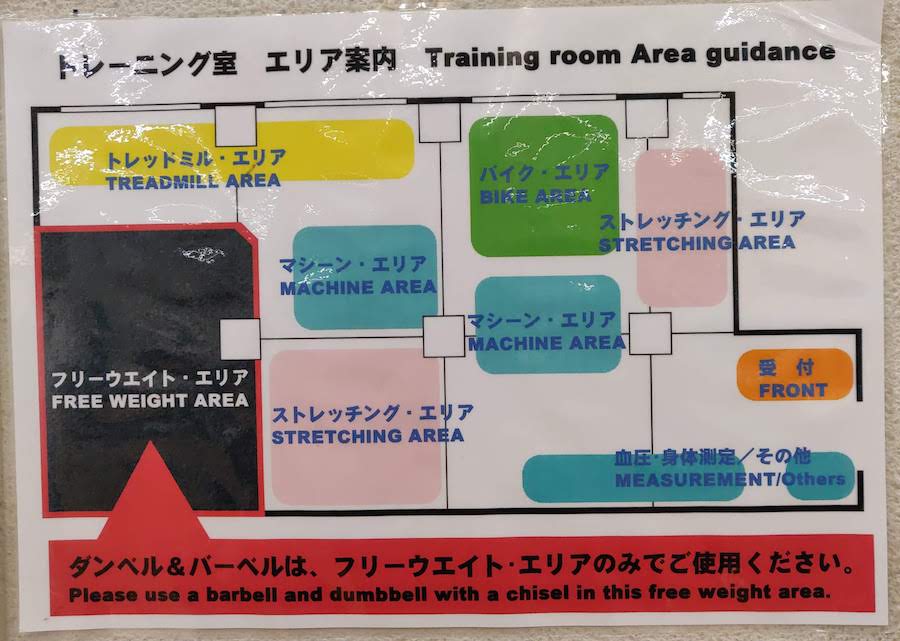Loose Romanization for Cantonese
A month ago, it was being called "Women's Romanization for Hong Kong" (8/17/19). Now it has been catapulted into an all-purpose, across-the-board status for the Hong Kong anti-extradition protesters:
"Insurgent tongues: how loose Cantonese romanisation became Hong Kong’s patois of protest", by Rachel Leung Ka-yin, Hong Kong Free Press (9/21/19).
Leung's article begins:
“Gwong Fuk Heung Gong! Si Doi Gark Ming!”*
If you understand the above slogan, chances are you’re probably a Hong Konger born in the post-80s or 90s. If that did not make any sense to you, the “language” in use is a form of loose Cantonese romanisation, which recently saw a surge from the niche to widespread use in political activism via the online platform LIHKG**.
*["Liberate Hong Kong! the revolution of our times!"]
**[VHM: like Reddit]
Read the rest of this entry »


